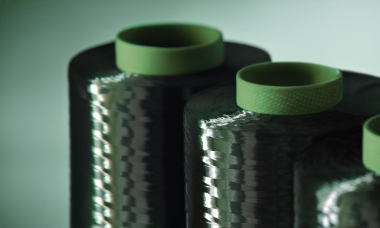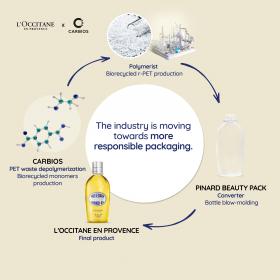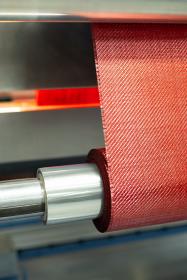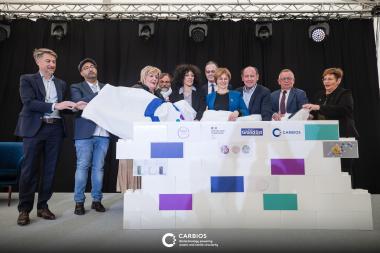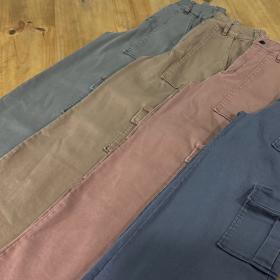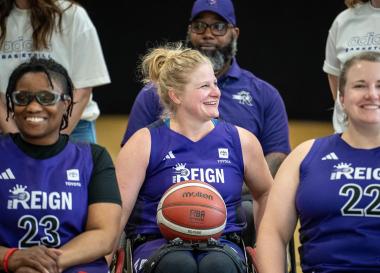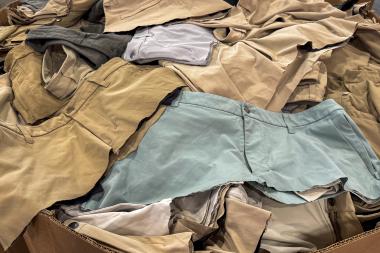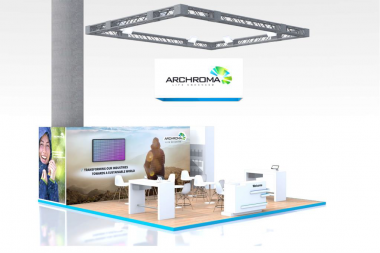adidas and Real Madrid: White Home Kit for 2024/25 Season
adidas unveils the new Real Madrid CF home kit for the 2024/25 campaign, a predominantly white look with subtle detailing.
A crisp white kit has been a trademark look of the club throughout its decorated history; a look adored by the Madridista and worn by some of the greatest players to ever step onto a football pitch. The 2024/25 design is stripped back to the roots of the club, with a minimalistic look and the colour white.
The crafting of the jersey further binds the new kit to the club's DNA, by incorporating a bespoke houndstooth pattern using the initials ‘RM’ throughout the design. adidas utilised a 3D engineering method to construct the jersey in three levels, subtly imbuing the shirt with a layered RM pattern, creating a textured look and feel to add depth and intrigue.
Rounding off the design is a seasonal V-neck collar and minimal black detailing woven through the adidas logo on the shirt, shorts, socks, shirt sponsor and the famous three stripes, which run down the shoulders of the shirt.
The on-field version of the jersey is constructed with HEAT.RDY technology, using advanced materials to maximize air flow to keep players feeling cool, while the fan version features AEROREADY technology, which uses sweat-wicking or absorbent materials to keep the body feeling dry.
adidas AG





